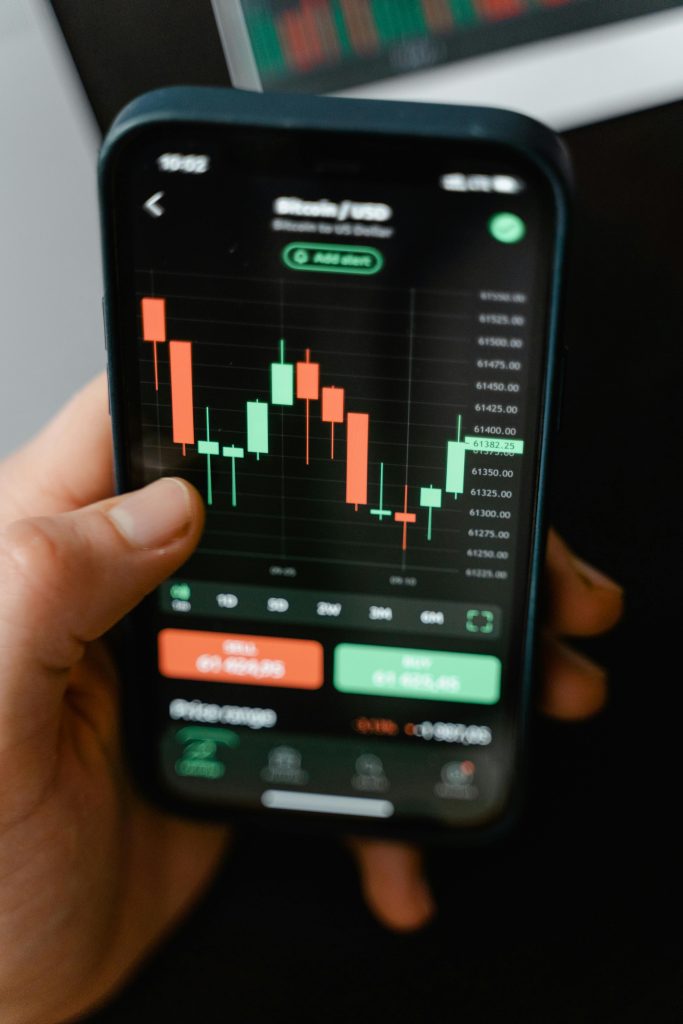Forex stands for “foreign exchange” and refers to the global market where currencies are bought and sold. Simply put, forex means exchanging one currency for another. For example, all those who have ever gone on a foreign vacation and exchanged the currency they usually use for the local currency used at their destination have made a forex transaction!
What is forex?
Of course, the forex market (also known as “FX”) is much more than just vacation money. In fact, the forex market is the largest and most liquid financial market in the world, with trillions of dollars flowing through it every day. From international business payments to people ordering goods online abroad, currency exchange is one of the keys to global trade and investment in every country and currency, from the baht to the yuan.
What is the forex market?
The forex market is not a physical market. Instead, it is a decentralized global network that operates 24 hours a day, five days a week. In the forex market, traders buy and sell currency pairs according to their value in relation to each other.
For example, if you live in the US and travel to Europe, you can use US dollars (USD) to pay for euros (EUR). In the forex market, this trade is marked with the EUR/USD symbols.
Because the forex market operates in a decentralized model, with no physical point of control or central exchange, it is not controlled by any person or organization. Instead, electronic transactions take place directly between two parties; this is called the OTC market, or “over the counter” (over the counter, without intermediaries). You can think of it as a vast digital network where transactions flow freely between banks, financial institutions, and individuals around the world.
The value of currencies in the foreign exchange market is influenced by many factors; Inflation, economic growth, consumer confidence in a country, unemployment data, and even house prices can all have an impact on a currency’s position in the market.
To help you understand forex market movements, you can refer to the forex economic calendar and see how price movements correlate with events such as news releases and the release of economic data.
The global nature of the forex market means that it operates 24 hours a day, and during periods of peak traffic, trading volumes shift between major financial centres in different time zones.
What causes currency price movements in the forex markets?
The volume of trading and transactions in the foreign exchange markets is always influenced by supply and demand, just like in any other financial market: the greater the demand for a currency, the higher its price will be. But there are also many other key factors that can affect the prices of currency pairs.
In today’s widely interconnected and globalized economy, the prices of trading instruments, including currency pairs, are constantly changing and fluctuating.
